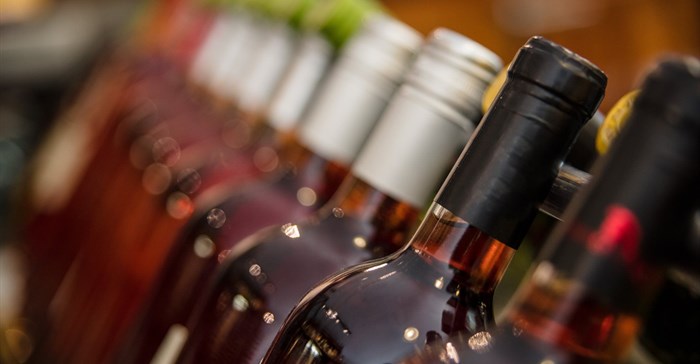
According to the national address by President Cyril Ramaphosa on 24 May, the country may resume trade in alcohol for off-consumption under strict conditions when it moves from level 4 to level 3 of the COVID-19 Risk Adjusted Strategy on 1 June. The liquor industry is awaiting clarification of the conditions under which wine may be traded locally, including online and ‘click and collect’ wine sales.
Although technology now makes it possible to order liquor online or via an app, the Liquor Act, 2003 (Act 59 of 2003) that regulates retail sales requires a licence holder to keep records and issue invoices containing prescribed information.
If liquor is sold for consumption elsewhere, a licence holder must keep records of such sales. The records may be kept in electronic form and must contain the following information in respect of each sale:
• Name and address of the licence holder.
• Liquor licence number of the licence holder.
• Invoice numbers and dates of issue.
• Kind and quantity of the liquor sold.
• Purchase prices paid.
This also applies when liquor is ordered online or via an app.
The licence holder must retain copies of invoices at its licenced premises for a period of three years.
Since the records may be kept in electronic format, in our opinion this also applies to invoices. An invoice must contain the following information:
• Name and address of the licence holder.
• Liquor licence number of the licence holder.
• Invoice number and date of issue.
• Full name and address of the person ordering the liquor and the address to which liquor must be delivered.
• Kind and quantity of the liquor to be delivered.
• Purchase price to be paid.
The Act also contains specific requirements regarding the delivery of liquor. One of the requirements is that liquor may not be delivered by any vehicle unless the liquor was ordered before it was dispatched and an invoice containing the prescribed information has been generated. This provision is aimed at preventing people from driving around with liquor and effectively selling the liquor from mobile liquor stores.
The Act requires that the liquor only be delivered to the address indicated on the invoice.
The Act also requires that a copy of the invoice must be kept in the delivery vehicle while the liquor is transported for delivery.
Since the Act states that the records of sales may be kept in electronic format, in our opinion this also means that it is acceptable if an electronic invoice (on a mobile device) accompanies the liquor.
Source: SA Wine Industry

AgriOrbit is a product of Centurion-based agricultural magazine publisher Plaas Media. Plaas Media is an independent agricultural media house. It is the only South African agricultural media house to offer a true 360-degree media offering to role-players in agriculture. Its entire portfolio is based on sound content of a scientific and semi-scientific nature.
Go to: http://agriorbit.com/